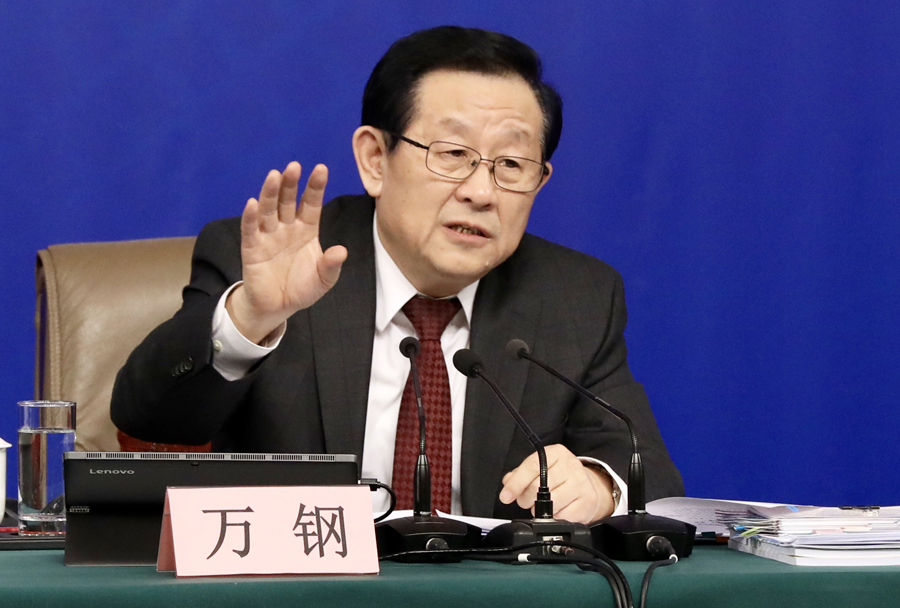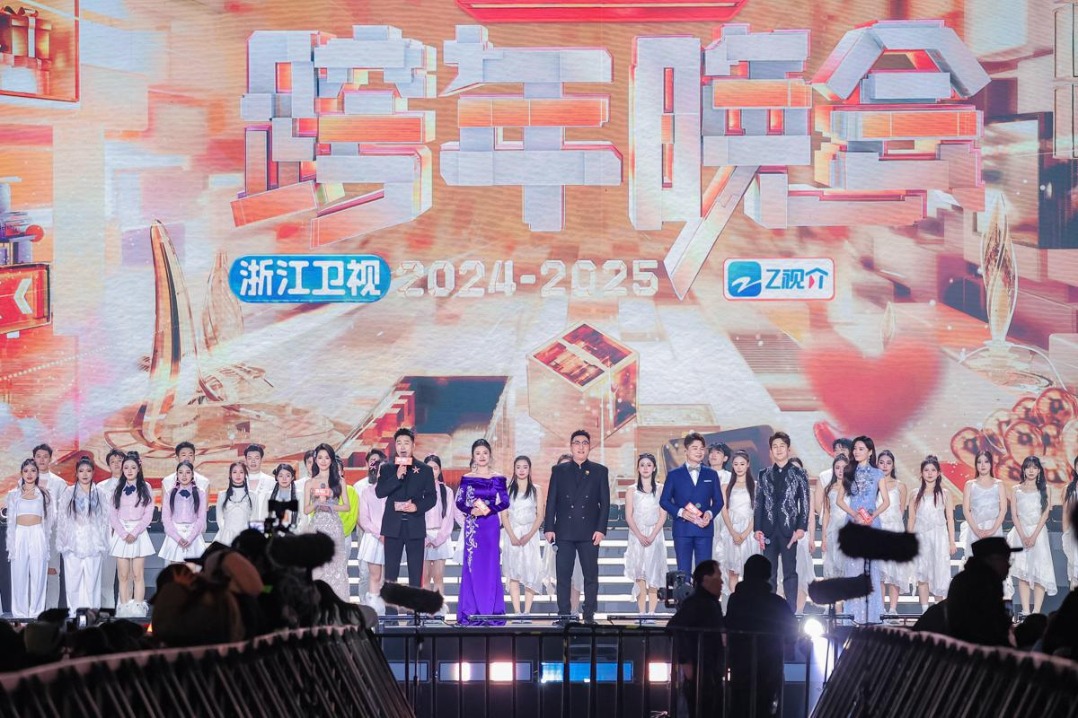Minister: Plan to boost AI research


China will strengthen the use of artificial intelligence to solve security, health, environment and other key public issues, Wan Gang, minister of science and technology, said on Saturday.
The country also plans to soon publish a guideline and detailed regulations on AI development and breakthroughs in critical technologies, he said.
Since the 1980s, the central government has considered AI research highly significant and made it a part of the nation's science agenda, Wan said.
AI applications are now used in many industries and in daily lives, ranging from bike-sharing technologies to package deliveries, he said, adding that AI is also entering hospitals, courtrooms, city planning, public transportation and many other public services.
The key to using AI in various fields is to conduct research in core technologies and make AI open-sourced, so that innovators, entrepreneurs and others in all facets of society can add or benefit from the technology, Wan said.
In July, the State Council issued a plan on the next generation of AI. It said the AI industry should be a major growth engine and improve people's lives by 2020. The plan also set a target for China to become a leading center for global AI innovation by 2030.
The value of the country's AI-related industries is expected to reach more than 150 billion yuan ($23.7 billion) by 2020, 400 billion yuan by 2025 and 1 trillion yuan by 2030, according to goals laid out in the plan.
Wan said China will strengthen its AI research and train a new generation of experts to tackle key and frontier AI-related science issues. The nation will also accelerate the commercialization and application of AI technologies to "solve the public's concerns, such as security, health and environment", he said.
At the same time, he added, China will strengthen research into related laws and regulations in response to possible ethical and social challenges caused by AI technologies, such as privacy, employment and national security.
"AI is an international trend," he said. "We need to strengthen international cooperation and support China's AI companies and institutes to work globally with others and play roles in their key fields."
The United States and China are the world's top two AI researchers, accounting for more than 57 percent of the science papers recorded by the Association for the Advancement of Artificial Intelligence last year, according to a study by the University of Toronto.
In 2017, Chinese scientists wrote 23 percent of the papers related to AI, more than twice the share of 10 percent in 2012. At the same time, the share of US papers fell from 41 percent in 2012 to 34 percent in 2017, the study said.
Liu Qingfeng, a deputy to the 13th National People's Congress and president of Chinese voice recognition device manufacturer iFlytek, said China's AI technologies and innovations are on par with those from developed countries.
"Given AI technology's data-driven nature, China's massive user base and the government's ability to use new inventions, China will definitely win the future of AI," Liu said on the sidelines of the ongoing NPC session.
- 4th TCTCP established: boosting standards for tropical agriculture
- Quzhou emerges as a cultural and tourism destination
- Shanghai sees surge in international arrivals
- Former Moutai chairman under investigation for misconduct
- Shanghai railway staff becomes popular with rapid typing, spoken English
- Giant pandas celebrate first year in Chongqing with snowy spectacle





































